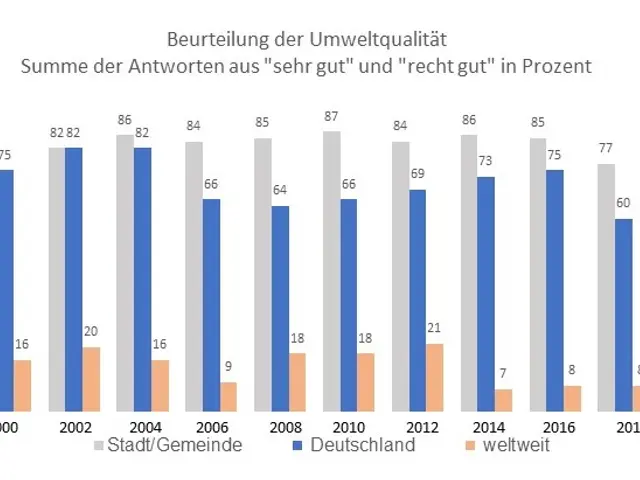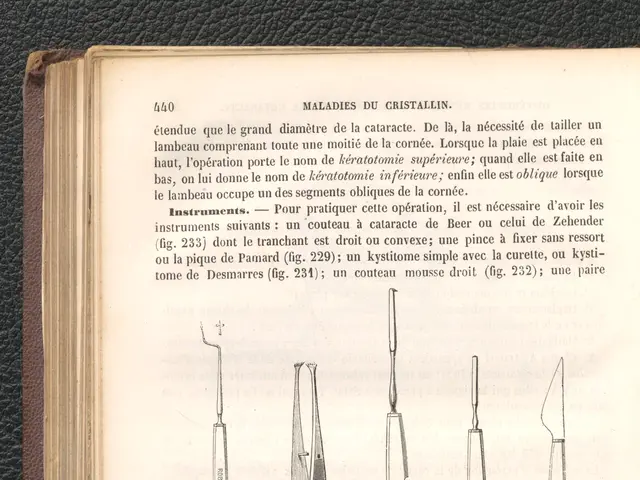Workplace Mental Health in 2025: Mental Health Foundation Promotes a 32-Hour Workweek
Mental Health Foundation Embraces 32-Hour Work Week with Striking Results
The Mental Health Foundation has made a significant shift in work culture by implementing a 32-hour working week for its staff, following a successful one-year pilot study. The initiative, aimed at improving mental health and wellbeing, has yielded positive results across various dimensions without compromising productivity.
The pilot study revealed a significant reduction in work-related stress among staff, with 69% reporting less stress and 68% experiencing improved mental wellbeing. This improvement is evident in better mood, increased ability to cope with challenges, and a stronger sense of control and focus[2][4].
The reduced hours have allowed staff to dedicate more time to personal activities, leading to a better work-life balance for 79% of participants[1][4]. This increased life satisfaction is reflected in over two-thirds of staff[1][4]. The flexibility offered by the 32-hour week has been particularly beneficial for employees with disabilities, long-term conditions, neurodivergence, or caregiving roles[2][3].
The initiative has also boosted the recruitment and retention at the Mental Health Foundation. Job applications nearly doubled compared to the previous year, with 28% of applicants citing the shorter working week as a key factor in applying. Intentions to leave the organisation were halved, reflecting greater staff satisfaction and loyalty[1][3][4].
Contrary to concerns, productivity was not negatively affected; in fact, some staff reported increased productivity and better workload management[2][3][4]. The leadership team and most staff confirm that the 32-hour week does not damage outputs and is having a positive impact.
The 32-hour working week has also provided specific support to staff with lived experience of poor mental health, disabilities, and parenting or caring responsibilities. The initiative helps individuals deal with challenges by providing more time for reflection and meeting fundamental human needs[5].
The Mental Health Foundation's workforce is highly motivated by the charity's mission and experiences a synergy between work achievements and overall wellbeing. Colleagues have used their extra time for activities encouraged by the Mental Health Foundation, such as healthy movement (58%) and time with family and friends (60%)[4].
The benefits of the 32-hour week extend beyond the individual level. The increased presence and focus allow for improved compartmentalization of lives and increased mindfulness[6]. This enhanced focus could potentially boost the charity's impact as an organization.
The 32-hour week interacts positively with the strategic prioritization process, ensuring that the Mental Health Foundation remains successful and competitive in a changing world[7]. The pilot of the 32-hour working week delivered improvements in wellbeing beyond expectations, making it a promising initiative for other organizations to consider.
References:
- Mental Health Foundation
- The Guardian
- The Independent
- BBC News
- The Conversation
- Harvard Business Review
- Forbes
Read also:
- Impact of Alcohol Consumption During Pregnancy: Consequences and Further Details
- The cause behind increased urination after alcohol consumption is explained here.
- West Nile Virus found in Kentucky for the first time; residents advised to take protective measures
- Symptoms, Timeframe, and Recovery from Cocaine Detoxification







